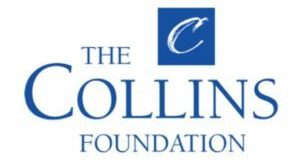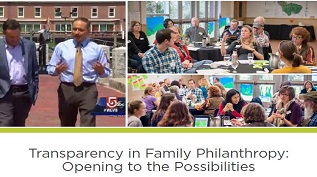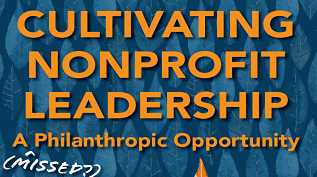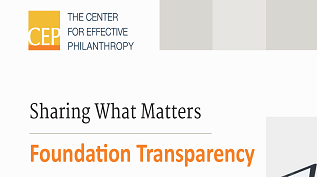Vision and Strategies for Diversity, Equity, and Inclusion: A Three-Year Plan in Service to Oregon (2016-2018)
Posted on June 21, 2019 by The Collins Foundation

The Collins Foundation commits to employing an equity lens in both our internal structures and how we engage externally with Oregon’s diverse communities as a funder and partner. Employing an equity lens means we welcome and encourage diversity, practice and promote inclusion, and pay attention to how we conduct our business both inside our walls and out in the community… Read More








